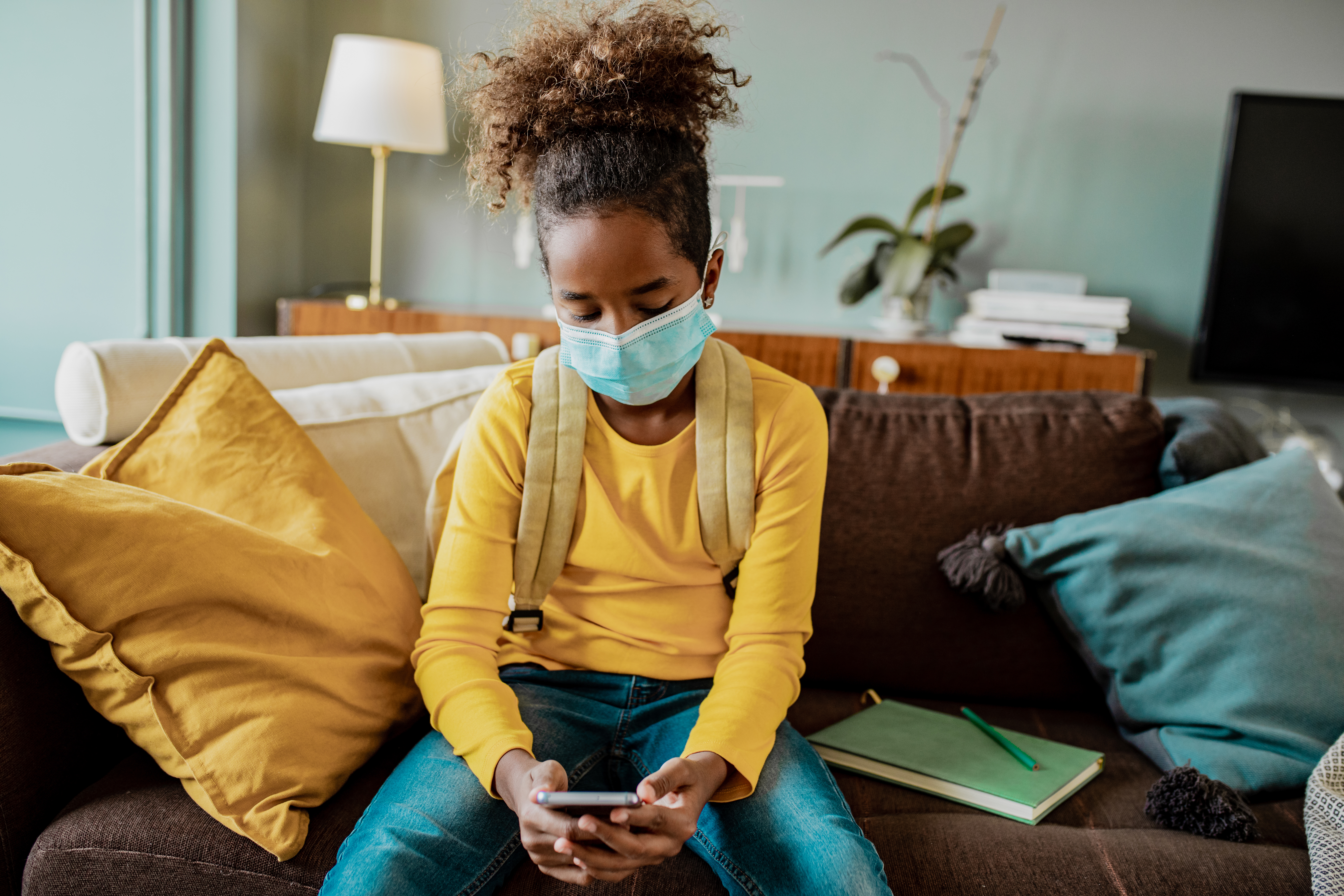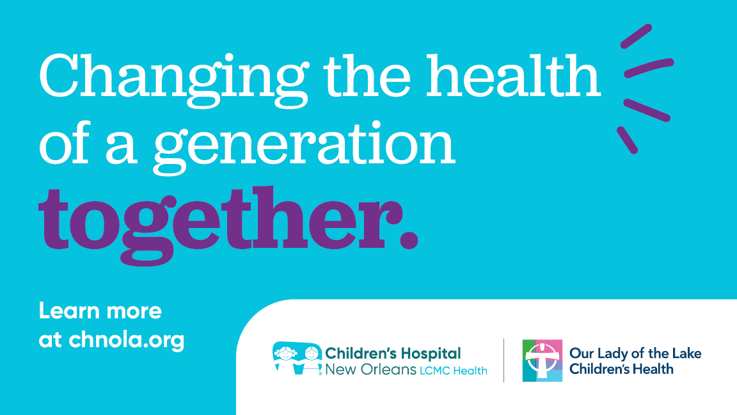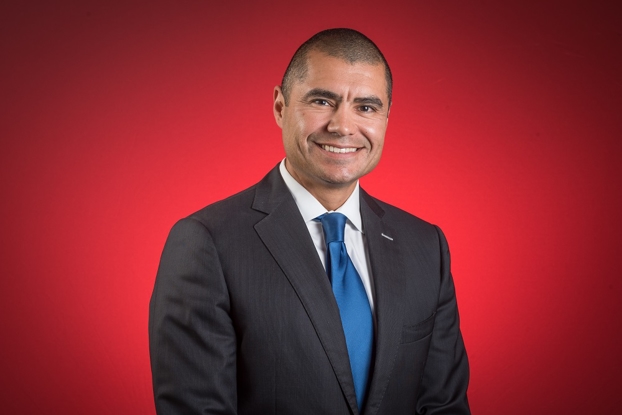How Psychometry Tests are Conducted to Measure Mental & Behavioral Capabilities for Children
- Category: Living Well
- Posted on:
- Written By: Kristen Knight, Amy Coniglio

When a child is brought in for Psychometric Testing at Children’s Hospital New Orleans (CHNOLA) LCMC Health, it’s an opportunity for that child to be evaluated on a wide array of psychological and neurobehavioral capabilities. These tests conducted by expert psychometrists can be used to assess a child’s disability to get more appropriate accommodations at school. It can determine whether a teen is ready to safely get behind the wheel of a car. It can even help neurosurgeons discover which parts of the brain are being severely affected by epilepsy.
WHAT IS PSYCHOMETRY?
At the core, a psychometrist is a testing specialist. Psychometry is the administration and scoring of psychological, neuropsychological, personality and academic tests that measure how the brain is performing and individual behaviors. It reveals a child’s fundamental strengths and weaknesses so next steps can be determined by the parents and their doctors or counselors.
Psychometrists at CHNOLA work under the supervision of licensed psychologists and neuropsychologists. Testing measures cognitive functioning, executive functioning, attention, memory, language skills, visual/spatial skills, motor functioning, academic performance and behavioral problems. These results are used to help make plans regarding school and medical decisions. At CHNOLA, we test children from ages one month to early adulthood.
Psychometric tests are standardized and based on normative data. They a are developed using scientific methods used to measure individuals' mental capabilities and behavioral style – finding that child’s strengths and weaknesses. Types of Psychometric Testing, include:
- Aptitude. This is used to measure a candidate’s cognitive abilities, including verbal skills, perceptional reasoning, working memory, and processing speed.
- Behavior. By understanding a candidate’s behavioral style, we can explore things such as their preferred way of communicating.

HOW TO RECEIVE A PSYCHOLOGICAL EVALUATION
Every evaluation begins with a referral. This could be from a child’s doctor, health care provider, psychologist or counselor. Most of our referrals are regarding a question of an autism spectrum disorder, an evaluation for an attentional disorder, and evaluations for children with head injuries or any type of illness that may have affected brain functioning. We also work with children before and after chemotherapy and radiation because these treatments can impact brain functioning.
At CHNOLA, we work with one patient individually at a time. The psychologist reviews the referral, interviews the patient and family, then selects the appropriate tests that are needed to measure the issue. The case is then assigned to a psychometrist. Testing length ranges from 30 minutes to 6 hours, depending on the needs of the patient. After testing is completed, the psychometrist scores all the tests and writes up behavioral observations that may help the partnering department interpret the raw data generated.
Our psychometrists work with children on an inpatient and outpatient basis, coordinating testing among several departments including hematology/oncology, neurology, cardiology, pediatric rehabilitation and genetics, and our program continues to grow. We began with just three psychologists, two postdoctoral fellows and two full-time psychometrists. Now, the program has 14 psychologists and 5 psychometrists. Most of our psychometrists have earned an advanced degree in psychology.
HOW PSYCHOMETRY TESTING IS USED TO EVALUATE KIDS
The type of test provided depends on the age and development level of the child. For example, you wouldn’t give a one-month-old the same test as a 14-year-old, because it would not be developmentally appropriate.
For younger children, many activities are play-based. We see how they react to different toys and objects. We also look to make sure they are developing at the appropriate age level in regard to language, motor skills, and cognitive abilities.
As the children age, the tests become more advanced, assessing memory, attention and academic proficiency. This includes copying designs with blocks, utilizing iPads, drawing, completing unfinished patterns, and answering our many questions.
For older children, a neuropsychology testing day may go from 8:30 a.m in the morning to 4 p.m. in the afternoon. It is an intensive process that requires patience and stamina from both the child and the examiner.
We are constantly staying up to date with changing technology in the field of psychometry. What was once pencil and paper has now become iPads and laptops. During the COVID-19 pandemic, we have even been able to do some testing remotely over Zoom. As technology evolves, the testing and science of psychometry continues to improve, as does our practice.
To learn more about Behavioral Health at Children’s Hospital New Orleans, visit https://behavioralhealth.chnola.org/.



